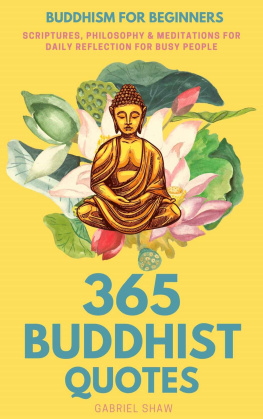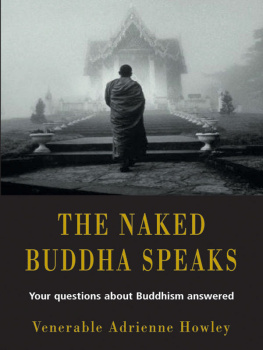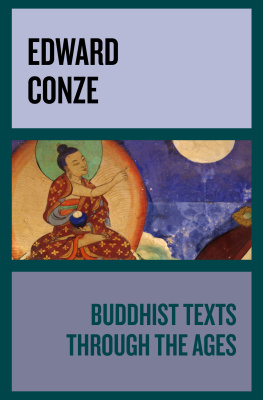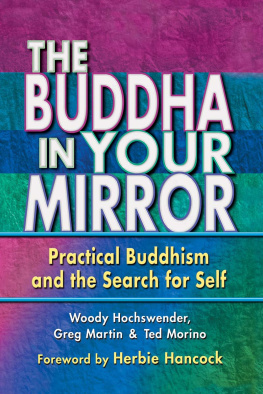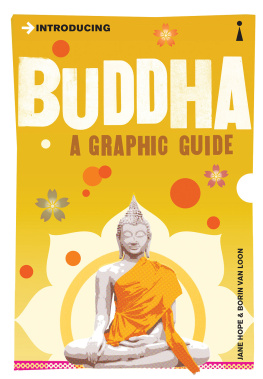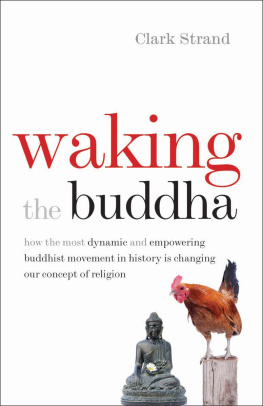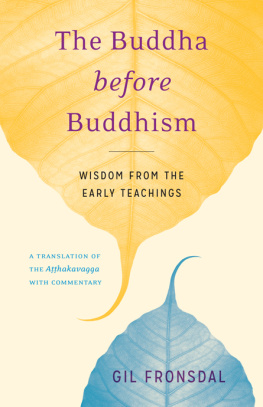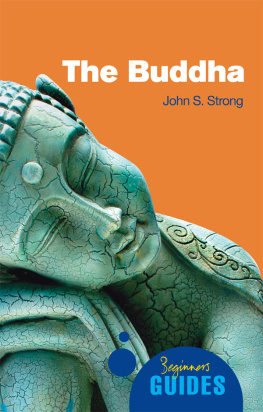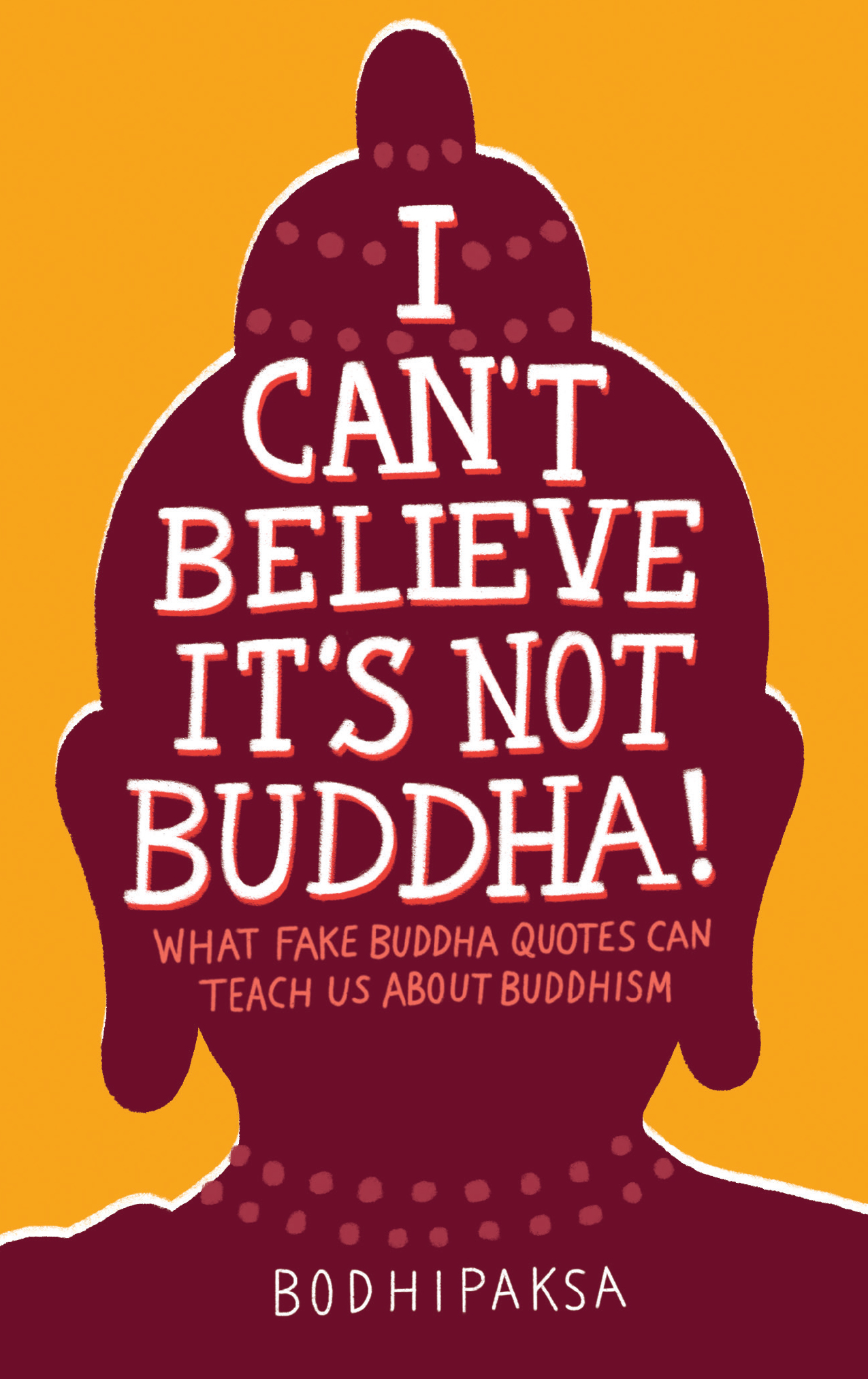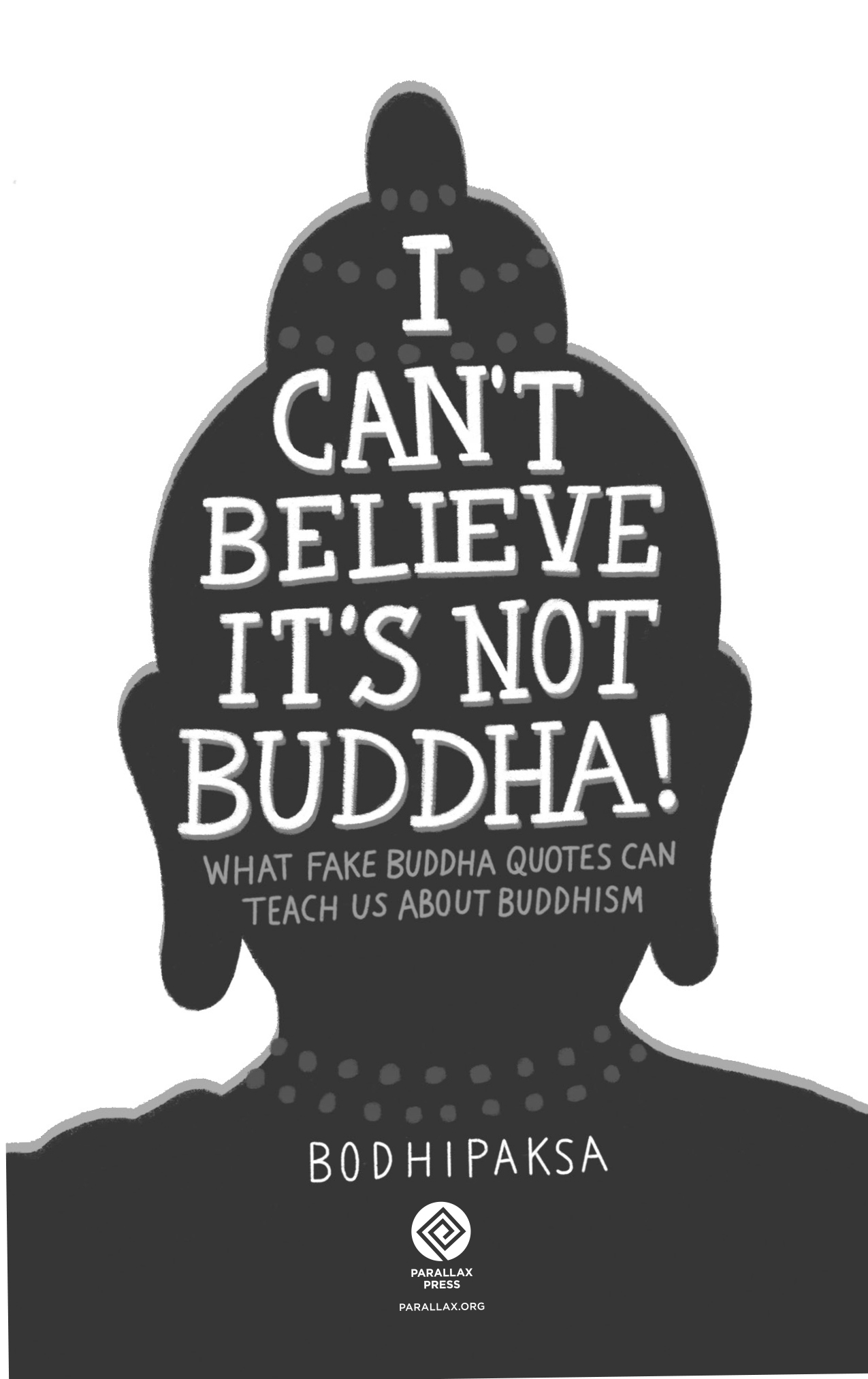P.O. Box 7355
Community of Engaged Buddhism, Inc.
No part of this book may be reproduced in any form or by any means, electronic or mechanical, without permission in writing from the publisher.
Names: Bodhipaksa, 1961- author.
Title: I cant believe its not Buddha! : fake Buddha quotes and what they can teach us about Buddhism / Bodhipaksa.
Description: Berkeley, CA : Parallax Press, 2018. | Includes bibliographical references.
Identifiers: LCCN 2018011261 (print) | LCCN 2018018425 ebook) | ISBN 9781946764362 (ebook) | ISBN 9781946764355 (paperback)
Subjects: LCSH: BuddhismAnecdotes. | Gautama BuddhaMiscellanea. | Common fallacies. | BISAC: RELIGION / Buddhism / Zen (see also PHILOSOPHY / Zen). | REFERENCE / Quotations. | HUMOR / Form / Anecdotes.
Classification: LCC BQ4060 (ebook) | LCC BQ4060 .B63 2018 (print) | DDC 294.3dc23
patience and making me a better human being.
an author is to misquote him.
INTRODUCTION
The Buddha is one of the worlds most misquoted people. Sayings that claim to be by him, but arent, abound in Facebook memes, quote sites, blog articles, and even in published books. I call them Fake Buddha Quotesa quick and dirty term thats intended to be concise, playful, and just a little provocative.
How did I get started on this quest? A cartoon by Randall Munroe shows a figure sitting hunched in front of a computer screen. A voice off-panel asks, Are you coming to bed? The computer user replies, I cant. This is important. Someone on the internet is wrong. Munroe and I have never met, but he has somehow gazed into the depths of my very soul.
Almost a decade ago, perplexed, bemused, and sometimes alarmed by the fact that the majority of Buddha quotes I saw on social media were things the Buddha never said, I began documenting the Fake Buddha Quote phenomenon. I cataloged them on a blog, identified their origins when I could, and offered some genuine scriptural quotations to show what the Buddha (as best we know) really taught. Fake quotes became teachable moments.
My suspicions about these spurious quotes may be aroused by a number of things. One common giveaway is the style, which may be too flowery, poetic, or literary. Another is the vocabulary, which is often much too contemporary to be the words of someone who lived some 2,500 years ago.
If someone told you that Technological progress, and civilization generally, could be compared to an axe in the hand of a pathological criminal, was a quote from William Shakespeare, I hope youd be suspicious. Youd probably think that the vocabulary was too modern, and assume that a sentence like that would be more at home in the twentieth or twenty-first centuries. (In fact its something Albert Einstein wrote in 1917.) Im pretty sure that no one has ever tried to pass off this particular quotation as being from Shakespeare, but Ive seen plenty of Buddha quotes that are just as anachronistic.
The earliest scriptures are recorded in languages like Pali and Sanskrit, which have very different grammatical rules from English. This can give even the best translations a stilted and clunky feel. Knowing that one fact, heres a little test for you. Which of the following quotes about virtue do you think is more likely to come from India 2,500 years ago?
The virtues, like the Muses, are always seen in groups. A good principle was never found solitary in any breast.
For a person endowed with virtue, consummate in virtue, there is no need for an act of will, May freedom from remorse arise in me. It is in the nature of things that freedom from remorse arises in a person endowed with virtue, consummate in virtue.
If you picked the second, youre well on the way to becoming a fully licensed Fake Buddha Quotebuster. Congratulations!
If the first quote sounds like something from the nineteenth century, thats because it is. Although its often attributed to the Buddha, its actually from an 1807 book by Jane Porter, a Scottish novelist, playwright, and literary figure. The reference to the MusesAncient Greek goddesses the Buddha would have had no familiarity withis a dead giveaway.
The second quote is from a Buddhist discourse called the Cetana Sutta. Notice that freedom from remorse and a person endowed with virtue, consummate in virtue each appear twice in two short sentences. This is typical in a literature that was originally oral, where repetition helps with memorization. Theres also some awkwardness about the abrupt way the embedded quote is dropped in, which happens because Pali treats direct speech very differently from English.
And how about these two quotes on the topic of attachment? Which do you think is a genuine quote from the Buddha?
Dont be attached to my philosophy and doctrine. Attachment to any religion is simply another form of mental illness.
From attachment springs grief, from attachment springs fear. For one who is wholly free from attachment there is no grief, whence then fear?
This one might be trickier, but if you thought the first quote was suspect because mental illness is a modern term, youd be correct. Some of us might wish that the first one was something the Buddha had said, and its often been taken as such, but its actually by a twentieth-century Tibetan Buddhist teacher. The genuine passage is unfortunately less quotable.
A subtler giveaway is when quotes clash with what the Buddha taught, although to know that you have to have some familiarity with the Buddhist scriptures. For example, the quote, Doubt everything. Find your own light, might sound genuine unless you were aware that the Buddha didnt talk about doubt in a positive sense, but only as a state of confusion.
Sometimes, though, its hard to tell whether or not a quote is legitimate. Ive been convinced a particular saying is genuine only to discover that its fake, and vice versa. Some fake quotes even fool Buddhist scholars, making their way into academic books and papers. This is understandable. When youve seen something quoted frequently by people you trust, you naturally assume it must be genuine.
So how do Fake Buddha Quotes arise?
First, theres the phenomenon of quotation promotion: a tendency for quotes to be reassigned from relatively less well-known to more famous authors. Presumably this is because to many people a quote written by, say, Ethel Fischbaum (whom I just invented) sounds less authoritative than one attributed to Albert Einstein or Winston Churchill. You dont want to pass on an inspiring quote to your Facebook friends only to have half of them respond with Who the hecks Ethel Fischbaum? On the other hand those same friends might think well of you seeing you quote, and thereby associate yourself with, some literary or historical giant.



